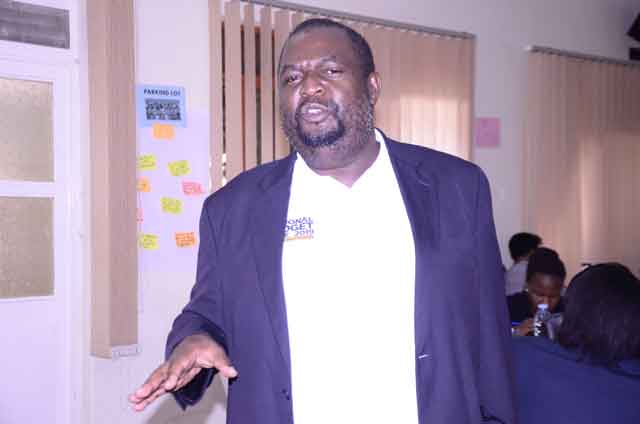
Kampala, Uganda | THE INDEPENDENT | Activists are calling for easing of restrictions on dispensing abortion drug mifepristone, as the world commemorates international safe abortion day.
The day is marked on September 28, every year to remind the world of women’s right to access safe and legal abortion. It is based on the fact that more and more women are dying from the lack of access to safe abortion, a public health emergency that, according to activists, has been ignored.
Fatumah Nakalembe an Outreach officer at an NGO – Community Health Rights Network (COHERINET) that promotes sexual reproductive health and rights, says that with restrictions to access to drugs that can safely help in pregnancy termination to a trained health worker, many women and girls resort to using crude methods that end up costing them lives.
She said during the lockdown instituted to halt further the spread of COVID-19 early this year they would get calls from women who needed post-abortion care after using sticks and wires to abort but couldn’t move to health facilities because of transport challenges.
She said that after realizing this gap, they trained lay community liaison officers through online sessions to be able to administer drugs like mifepristone to women even as the guideline is to be strictly provided by a health worker after realizing that continuing with a pregnancy is harmful.
Mifepristone is used to cause an abortion during the early part of pregnancy. The drug blocks a natural substance, scientifically known as progesterone, that is needed for any pregnancy to continue. It is usually used together with another medicine called misoprostol. But in country’s like Uganda, the medicines are restricted in line with a policy that criminalises abortion.
Nakalembe says that as the country is still shying away from talking about abortion, young people’s lives are at stake.
However, experts, have warned that having free access to this drug can be very dangerous to the users leading to in extreme cases to death.
Mary Adong, a senior midwife at Mulago National Referral Hospital said in most cases, women opting for abortion are going through a stressful time and are desperate that they can use more doses of the drug for the fetus comes out.
“If a woman can use a wire or a stick, what can they do with a small pill that you just have to insert? I wouldn’t recommend over the counter use of this drug”, she told URN.
Another expert, Dr Charles Kiggundu, a consultant gynaecologist based at Kawempe National Referral Hospital says that while advocating for safe abortion is important, there’s a need to use safe methods warning that both mifepristone and anti-ulcer drug misoprostol which is also being commonly misused now can be dangerous if used incorrectly.
Kiggundu says at the height of the COVID-19 lockdown in April, although he couldn’t divulge figures, they dealt with some severe post-abortion complications at the hospital. He says that while these were few, with the easing of the lockdown more women started flocking the hospital for the same.
Kiggundu says that with the onset of mobile apps that offer women a step by step procedure on how to terminate a pregnancy, the situation is getting out of the health workers’ hands that they only have to come out to offer guidance on safe use despite the culture and moral connotations attached to it.
However, abortion remains illegal in Uganda despite years of pushing by rights organizations to allow women to seek a safe procedure if they want to from a health provider. Unsafe abortion accounts for a quarter of maternal mortality in Uganda currently, according to figures by the Ministry of Health whereby they estimate that about 250,000 terminations are carried annually.
According to the ministry’s policy guidelines and service standards, the recommended instances where a woman should be assisted to terminate a pregnancy include severe maternal illnesses threatening the health of a pregnant woman like severe cardiac disease, renal disease, severe pre-eclampsia and eclampsia or where there are severe foetal abnormalities which are not compatible with extra-uterine life, giving an example of molar pregnancy, anencephaly and cancer.
********
URN
 The Independent Uganda: You get the Truth we Pay the Price
The Independent Uganda: You get the Truth we Pay the Price


